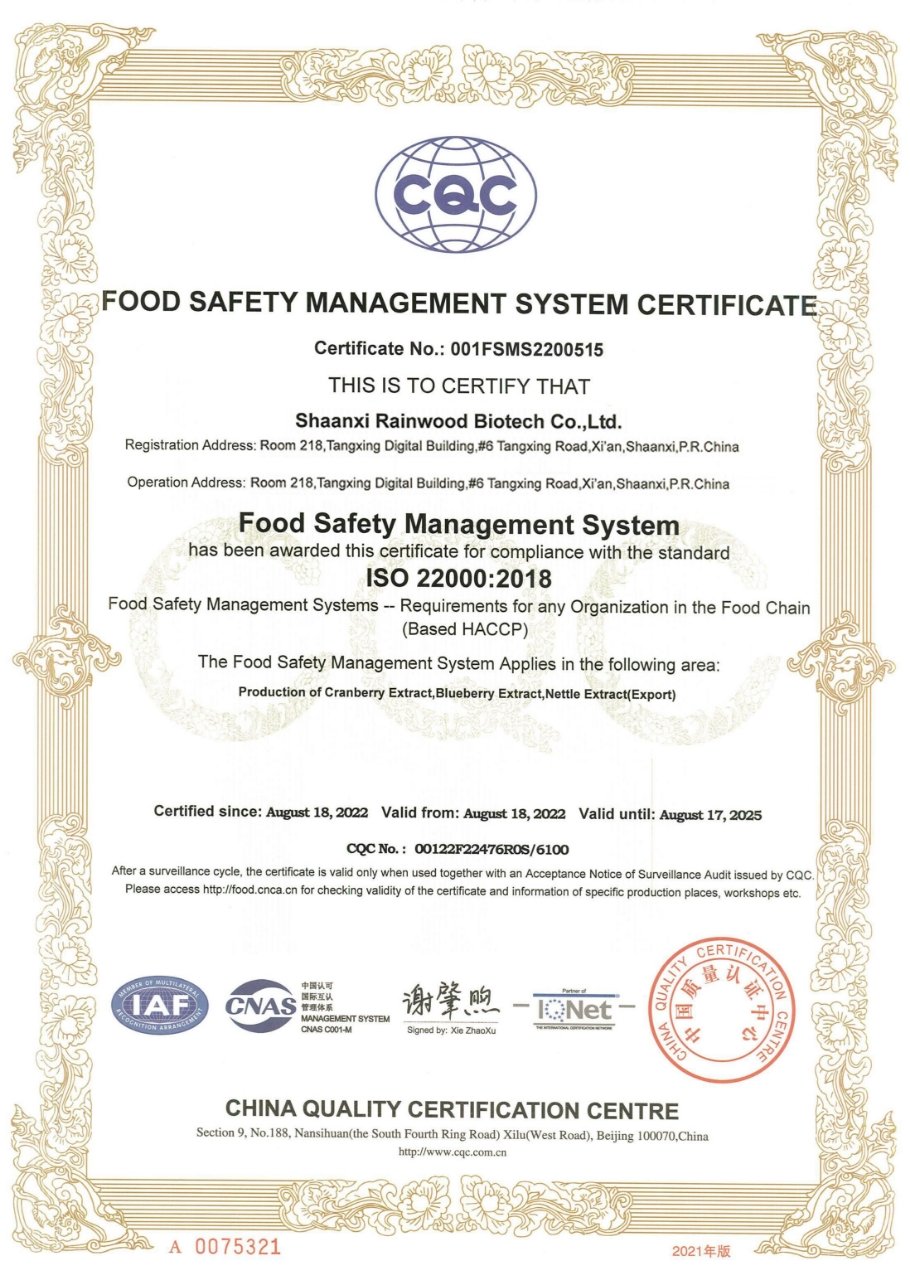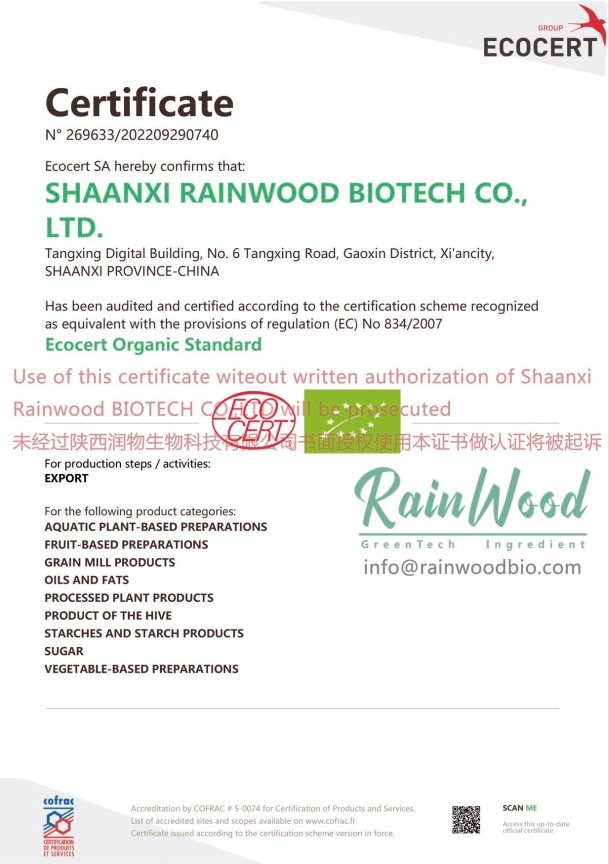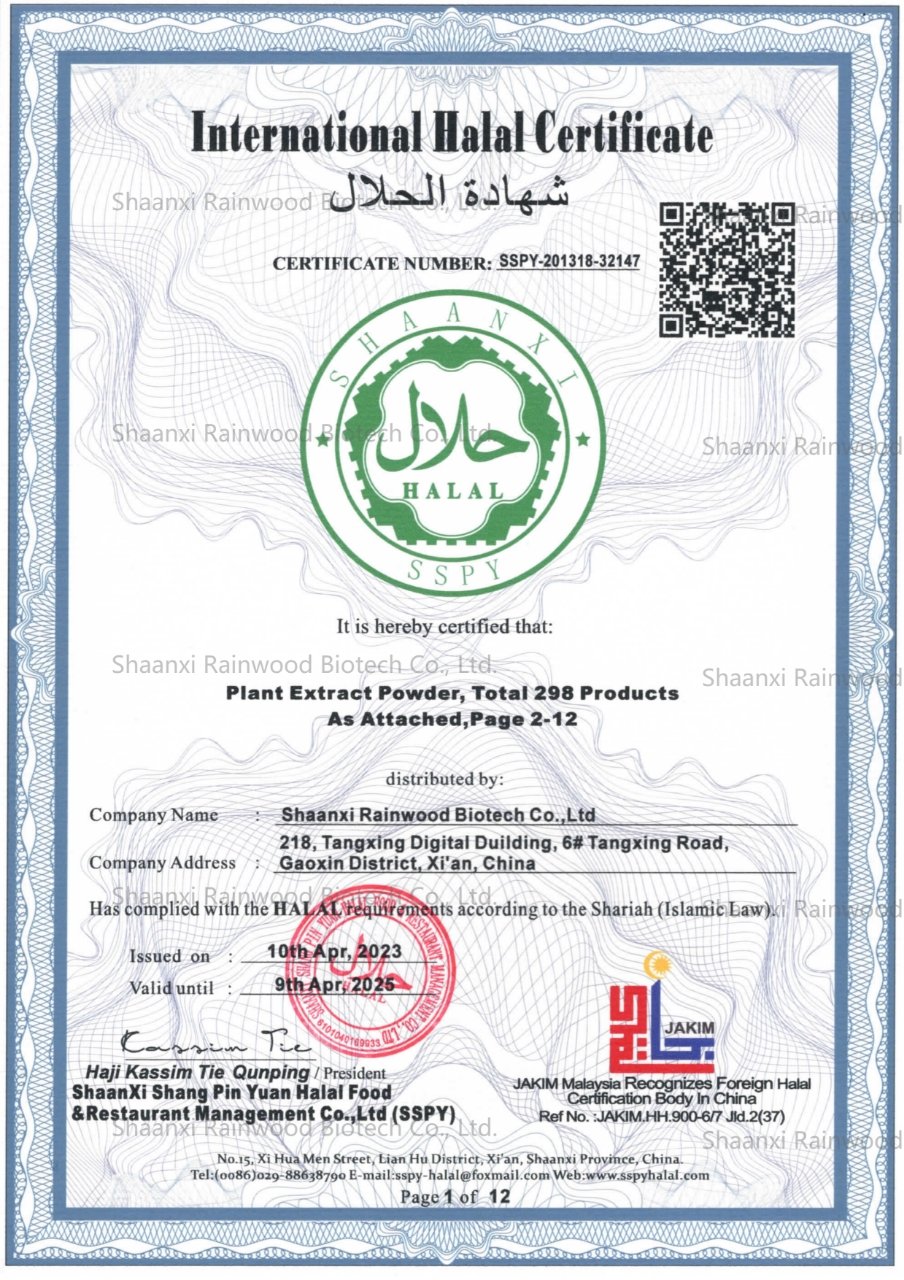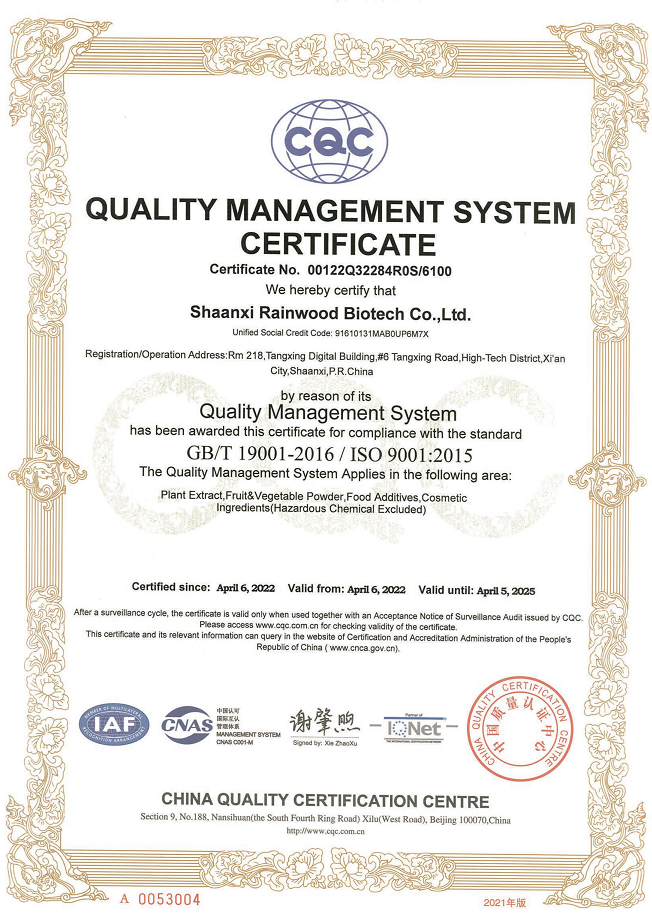Melatonin is a hormone synthesized by the pineal gland that plays a crucial role in regulating the sleep-wake cycle and maintaining the circadian rhythm. Melatonin supplements are a synthetic form of melatonin used to improve sleep quality and adjust sleep patterns.
Source of information:https://www.verywellhealth.com/melatonin-and-aging-2223602
Melatonin benefits and side effects
The main benefits of melatonin supplementation include:
Improving sleep: Melatonin can help shorten the time it takes to fall asleep, increase total sleep time, and improve sleep quality. It can regulate the biological clock and assist in adjusting to jet lag and shift work.
Managing sleep disorders: Melatonin supplements are used to treat insomnia, sleep-wake cycle disorders, and other sleep disorders.
Alleviating jet lag symptoms: Melatonin supplementation is used to reduce the symptoms of jet lag and aid in adjusting the sleep-wake cycle during long-distance travel and time zone changes.
Antioxidant effects: Melatonin has antioxidant properties that can help reduce damage caused by free radicals and protect cells from oxidative stress.
The side effects of melatonin supplements are generally mild and may include headaches, mild drowsiness, stomach discomfort, and changes in dreams. However, the severity of side effects and individual variations may exist.
Melatonin dosage chart by age
Infants (0-6 months): It is generally not recommended to give melatonin to infants unless under the guidance of a doctor.
Infants (6-12 months): It is generally not recommended to give melatonin to infants unless under the guidance of a doctor.
Children (1-5 years): 1-3 milligrams of melatonin.
Children (6-12 years): 1-5 milligrams of melatonin.
Adolescents (13-18 years): 1-10 milligrams of melatonin.
Adults (18 years and older): 1-10 milligrams of melatonin.
However, this is just a general guideline, and it is best to determine the appropriate dosage for an individual under the guidance of a doctor. The content of melatonin may vary among different manufacturers, so it is advisable to consult a healthcare professional before use.
How is melatonin made in the body?
The synthesis of melatonin in the human body is a complex physiological process. It originates from the essential amino acid tryptophan obtained from the diet. Tryptophan is converted to 5-hydroxytryptophan (5-HTP) through enzymatic action and then further converted to 5-hydroxytryptamine (serotonin). Serotonin is ultimately converted to melatonin in the pineal gland through the action of N-acetyltransferase (NAT) and acetylserotonin O-methyltransferase (ASMT).
The manufacturing process of melatonin involves multiple enzyme-catalyzed reactions and chemical transformations. The specific manufacturing process may vary among manufacturers.
What company makes melatonin?
Rainwood is a melatonin manufacturer and supplier from China, specializing in providing high-quality melatonin powder and various purity levels of dietary supplement powders for supplement brands. As a reliable partner, Rainwood is dedicated to producing and supplying melatonin products that meet high-quality standards to meet market demands. Whether you need melatonin powder or other related dietary supplement powders, Rainwood can provide comprehensive solutions and ensure product quality and customer satisfaction.
For more information on melatonin powder, please click here to continue reading.



















